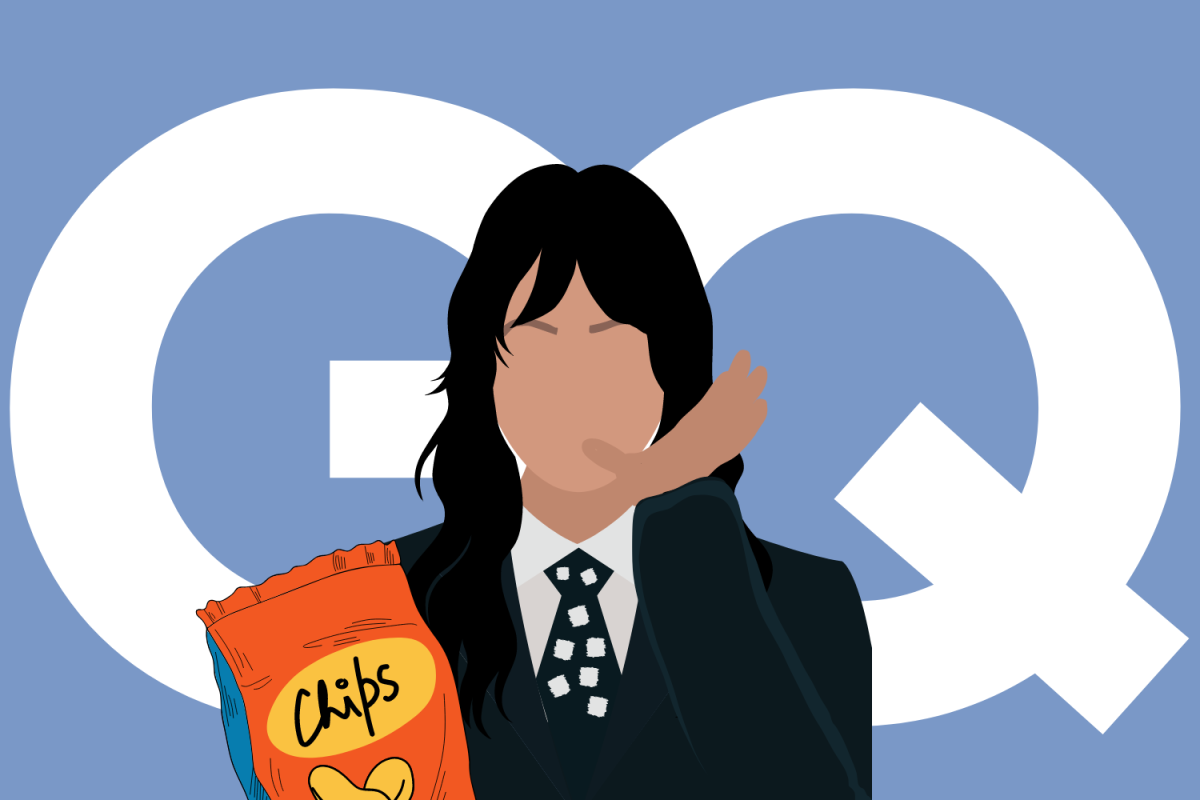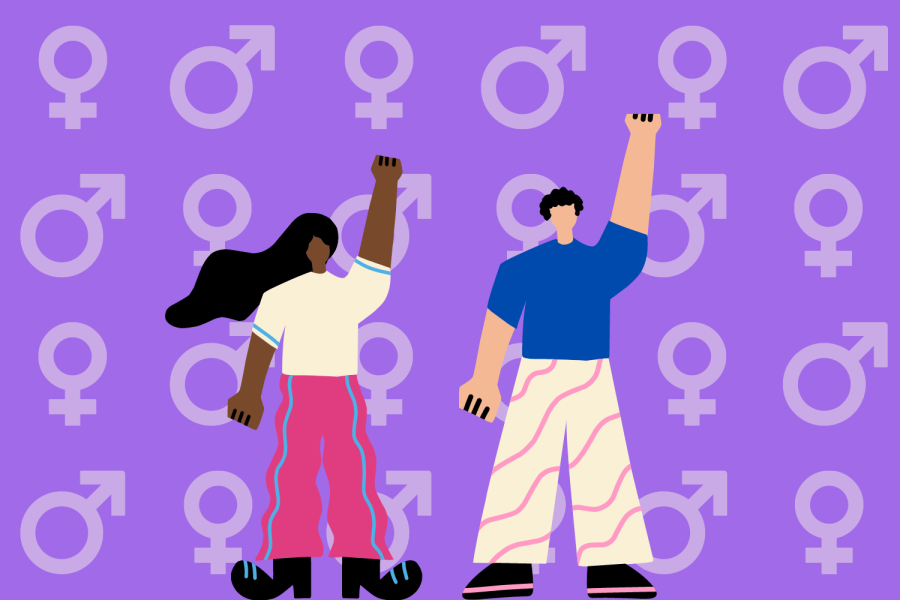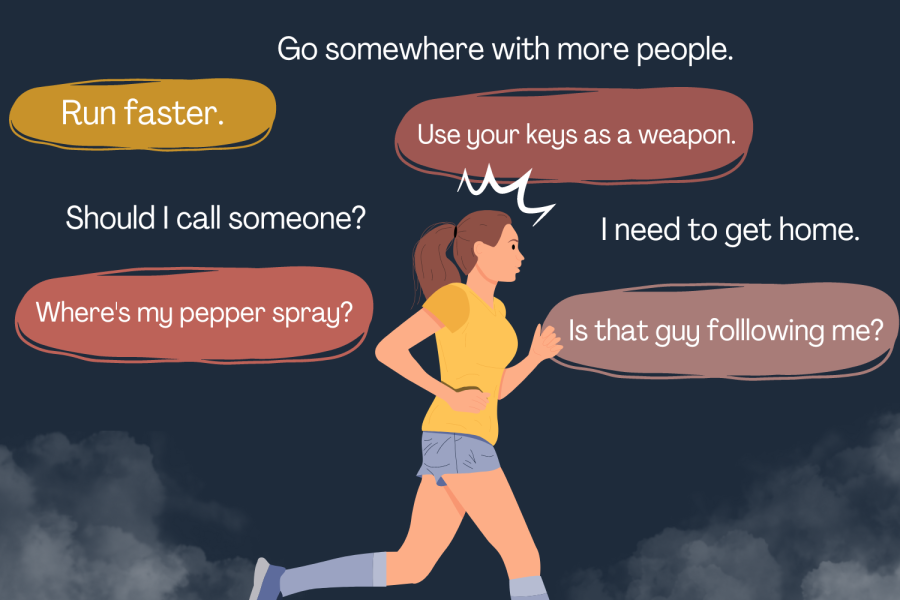Editor’s Note: This piece contains descriptions of rape and sexual violence.
August 15 is a day of great importance to Indians everywhere. This momentous day marks the anniversary of Indian independence, when our people finally broke free from British rule nearly a century ago.
Picture this: Hundreds of citizens walk in silence, holding candles up to the sky. However, this solidarity is not in alignment with the joy of independence. Instead, this year, India mourns Dr. Moumita Debnath, a medical student whose tragic death incited outrage among a country that realized freedom is not so close after all. You see, India may have gained independence, but when will it gain independence from patriarchy? In fact, when will the entire world free themselves from patriarchy?
The ill-treatment of Debnath is largely due to the patriarchy that governs corruption present in Indian institutions. This facet is evident mainly due to the current state of women’s justice in India. Debnath’s case is not the first exhibition of this mistreatment, and it certainly won’t be the last. In the 2012 case regarding the brutal rape and murder of 23-year old Jyoti Singh, the process to hang her rapists and finally bring her family justice took seven whole years. This horror spotlighted the corruption present in the Indian government, causing the case to gain immense traction. Similarly, Debnath’s case nearly 12 years later exposed the additional corruption present in India’s education system and hospital networks. But, this isn’t just an issue in India. Corruption is a global issue present in all systems: the healthcare field, college campuses and even the police force. One day, it may very well be the reason you are denied justice. As college students, we should care because both of these women were also in college: a time in life where one should enjoy their newfound autonomy without having to worry about their safety.
It’s important to understand the broad story of what exactly happened to Debnath. I will not go into detail of her injuries due to their severity, but what she went through is something no one should ever have to go through.
Moumita was a trainee doctor at Kolkata’s R. G. Kar Medical College and Hospital. As a part of her education, she was assigned to be on duty for many days at a time. She was on a 36-hour shift when she became very fatigued and decided to rest in a seminar room due to the improper rest facilities in the hospital. On the morning of August 9, she was found dead in this seminar room with brutal injuries. At first, the college reported the death to her family as a suicide, prohibiting them from seeing the body for several hours. When her family was finally permitted to see the body, however, they immediately demanded an investigation as her autopsy report did not align with a suicide. Her death was then, unsurprisingly, ruled a homicide, with almost 19 individuals participating in the crime. This case only became known to the public after thousands of doctors went on strike. Debnath then became Abhaya (fearlessness) just as Jyoti Singh became Nirbhaya (fearless) all those years ago. But how many more women will India brand with these honorable names only after their unjust deaths? Why is it that India waits to posthumously honor these women instead of improving their facilities and rightfully punishing those committing these crimes? I cannot recall a time when we fought for a rape survivor this strongly. Why must a woman die to get her name and story in the public eye? I fear that what happened 12 years ago will repeat itself. People will protest, then these crowds will get smaller and smaller until the streets are once again quiet and the same threats as before will continue to take the lives of women. We will sit idly while another woman is raped in the shadows. I have heard a million horror stories and my heart breaks with each new victim because, the truth is, there is not enough being done for these women. For this reason, I choose to not fixate on what exactly happened to Abhaya but why it was allowed to happen and what is being done to stop it from occurring again.
After her death, the principal of R.G. Kar Medical College asked the blasphemous question, “Why was she in the seminar room at this time?” Instead, he should’ve questioned why the hospital/medical college lacked proper rest facilities. After nearly 36 hours of working, the victim, with no other option, sought out a quiet place to get some rest, only to never wake up again. But her sleeping was no crime, and it certainly didn’t justify what happened to her. After all, every doctor reserves the right to rest after over 36 hours of working.
If one delves further into this case, they can uncover many absurd conspiracies and headlines, including Debnath being on the verge of uncovering an illegal organ trafficking ring in the hospital — potentially contributing to her murder — as well as ridiculous articles giving the only named rapist unnecessary publicity. However, I choose not to focus on these points because they deter from the glaring problem that women are still not safe. We all know the “what was she wearing?” argument. No one can ask the “where” and “why” questions because Abhaya did nothing wrong. She was wearing a doctor’s coat, working in a hospital. She was saving lives, but who was there to save her? That’s what angers me the most. How could no one have heard her screams? Why has only one perpetrator been named? DNA evidence of nearly 20 individuals was found on this woman, yet only one of these men has been properly indicted. We see this deterrence of topics in the media globally. Think about it: How many victims of serial killers can you actually recall the name of? Universally, there is not enough being done for victims. If we can’t even recognize and honor those who’ve lost their lives, what hope do our survivors have? In a college campus framework, how many women must be anonymous when reporting sexual violence that they experienced? Because of the low likelihood of getting justice, how many of them have to see their assaulters daily?
I think about these women daily. I think about them when I am in class, preparing myself to one day be in Abhaya’s very position, running up and down hospital corridors and dedicating my life to healing others. When I am out with my friends, I think about how happy I am to have the freedom to enjoy myself when Nirbhaya could not even ride a bus home safely after visiting a movie theater. I think about them both when I walk lonely streets late at night, frantically whispering to myself because I know I deserve to reach my home safely and sleep in my own bed. Just as these women did, just as every woman does.
Why is it that a woman is raped every sixteen minutes in India? Why is it that every 98 seconds someone is sexually assaulted in the U.S.? Think about it: By the time you finish reading and processing this article, hundreds more women are scarred with the unspeakable. Every small thing we don’t do contributes to the rape culture epidemic. How many times have you come across news that another rape has occurred? Rape and sexual assault is so prevalent in modern media that we’ve become accustomed to it; we’ve learned to normalize it. The topic is casually tossed around in daily conversations and we never stop to think about how we condense such a traumatic and life-changing event into one singular article or one ten-second TikTok. We are selfish and inconsiderate until it happens to us. No one deserves such a thing because, truly, nothing will ever justify rape — regardless of what someone is wearing, who they trust or what time they are walking at night. We, as women, should be allowed to live. We should be allowed to exist and educate ourselves. We should be allowed to exercise our freedom and express ourselves, however that might be. We deserve autonomy without fearing for our lives.
Answer this question: How many times have you received an AlertVU notification about yet another sexual assault incident? How much time passed before you stopped talking about it?
I’m asking you to never stop talking about it.
Everyone reading this information should be as angered as I am because this tragedy could happen to any one of us — until we fight to be free, we never will be. What is freedom if it is not applicable to every living soul? We will never truly be free until we know that we are guaranteed safety. That safety comes in our infrastructure; it comes within the resources available on college campuses and the workforce. Such a horrendous crime runs rampant in our everyday lives: We’ve convinced ourselves that change is not possible. But, I want to believe it is. Going out of your way to walk someone home, calling out insensitive comments and not participating in slut shaming: These are all small ways we can contribute to destigmatizing rape culture. And, when we find ourselves in positions of power, it is our utmost duty to ensure everyone is safe.
Rape can happen to anyone. It can happen to me. It can happen to you. What we don’t understand is that our lack of action hurts more victims and survivors than those committing crimes do. Go out of your way to advocate for sexual violence because it contributes to something so much bigger. When will our work be fruitful? When we know that, yes, we will return home, and yes, we will achieve our dreams, and yes, we will finally, finally traverse the night back to our beds — back to our own safe spaces where nothing, and I mean nothing, can harm us.









Nawin Seetharaman • Oct 13, 2024 at 4:02 am CDT
This is not a simple crime or article that is simply read and easily passed. Your whipping to brutal scoundrels and corporations. Those in power and power should be ashamed. I see this article not just as your voice, but as the majestic voice of the entire feminine race. We will raise our voices along with you. I am proud that you were born a Girl. ‘Keep writing, Voice for Justice”.
Nawin Seetharaman
Murugan Manthiram • Oct 13, 2024 at 2:37 am CDT
Thanks for the Article like this Manu. please you go through India’s National Crime Reports Against Women and Dalits. Its increasing recent days. because this country is strongly addicted with religion and its child caste. these two things will decide entire life of an every Indian. I appreciate you your thoughts and voice for society. thanks again.
Anusuya Seetharaman • Oct 2, 2024 at 10:35 am CDT
Extraordinary thought dear. It is appreciable one. Because many people have forgotten this incidence. Especially we medical people are working 24/7 without knowing day and night. They are started their marathon at the of 17 years onwards, The ugly idiots also among with us. We are not having time to think about precautions, safety and self defence.Anyway even if you are in U.S, you are thinking about our Indians pity state.Hats-off my dear. I am so proud of you. All the best for your wonderful successful future.
Saksham • Oct 1, 2024 at 5:03 pm CDT
What’s especially crazy is that her college still managed to victim blaming saying that she shouldn’t have been in the hospital seminar so late in night! It’s just wild how misogynistic many institutions in India and across the world are. This story deserves and demands more international coverage and outrage, yet this is the only non-Indian media source that I have seen to cover this story. Thank you for bringing awareness of this story to Vanderbilt students!
Deepu • Oct 1, 2024 at 4:18 pm CDT
Absolutely loved reading your thoughts on this! You worded it so beautifully